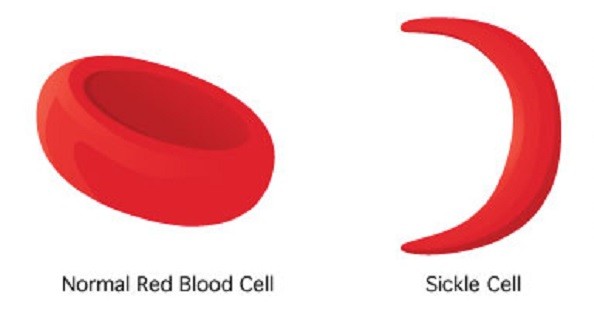
As part of efforts towards reducing the burden of Sickle Cell Disease (SCD) in Nigeria, a team of Nigerian researchers is set to soon commence the phase 2 clinical trials for a herbal medicine, Immunozin, currently in use for the management of SCD.
SCD is an inherited red blood cell disorder in which there is not enough healthy red blood cells to carry oxygen throughout the body. At the moment, there is no cure for most people with sickle cell anaemia. But treatments can relieve pain and help prevent complications associated with the disease.
In a statement made available to Pharmanews, Dr Bamboye M. Afolabi, a seasoned medical researcher with the World Health Organisation (WHO), disclosed that the trials, which will be led by an independent principal investigator, is to be conducted in six teaching hospitals across the country.
Afolabi, who was a member of the pilot study team, said they used a study population of adults and paediatrics with SCD at Kaduna State University Teaching Hospital, Kaduna City, Nigeria.
Speaking further on the planned trials, Managing Director, Rahma Nutraceutical Concepts Limited, Pharm. Umar Ndagi, said the company is currently seeking approvals from the relevant Institutional Health Review Ethics Committees (IHRECs) for the approval of the study protocols, as the studies are scheduled to begin by the last quarter of the year 2022.
He described the herbal medicine as an immune booster and vitality promoter, developed 20 years ago for boosting CD4 count, diminish viral load in HIV patients and improve symptoms of hair loss, vaginal and mouth thrush, skin rashes and breakages and other common symptoms associated with HIV/AIDS.
“During this time, doctors and other medical professionals reported the significant benefits observed when Immunozin was used for sickle cell management, ensuring that greater attention was channeled by the manufacturer to sickle cell therapy by conducting a phase I clinical trial”, Ndagi stated.
Previous publications on the study by Dr Afolabi had also shown that Immunozin did indeed confer a significant reduction in the proportion of patients with fatigue, acute bone pain and acute chest syndrome (ACS). He noted, however, that a larger clinical study would be required and that it would be too early to opine on a mechanism of action.
Different journals have also published findings from the pilot study, including Journal of Research in Medical Science (2020 Vol 5 Issue 1), London Journal of Medical and Health Research (2021 Vol 21 Issue 2) and the Biomedical and Translational Research Journal (2021; 1(2):1-25).











